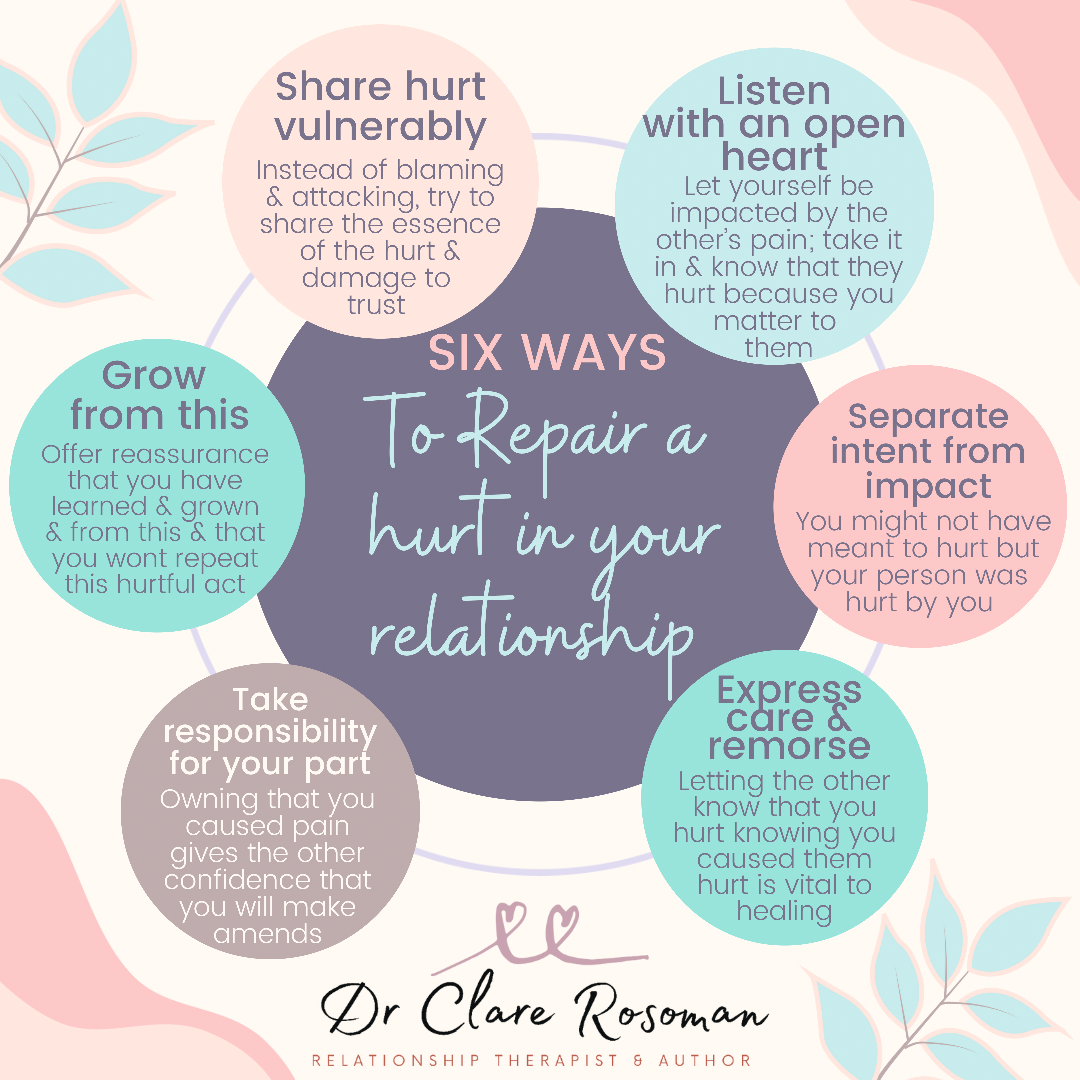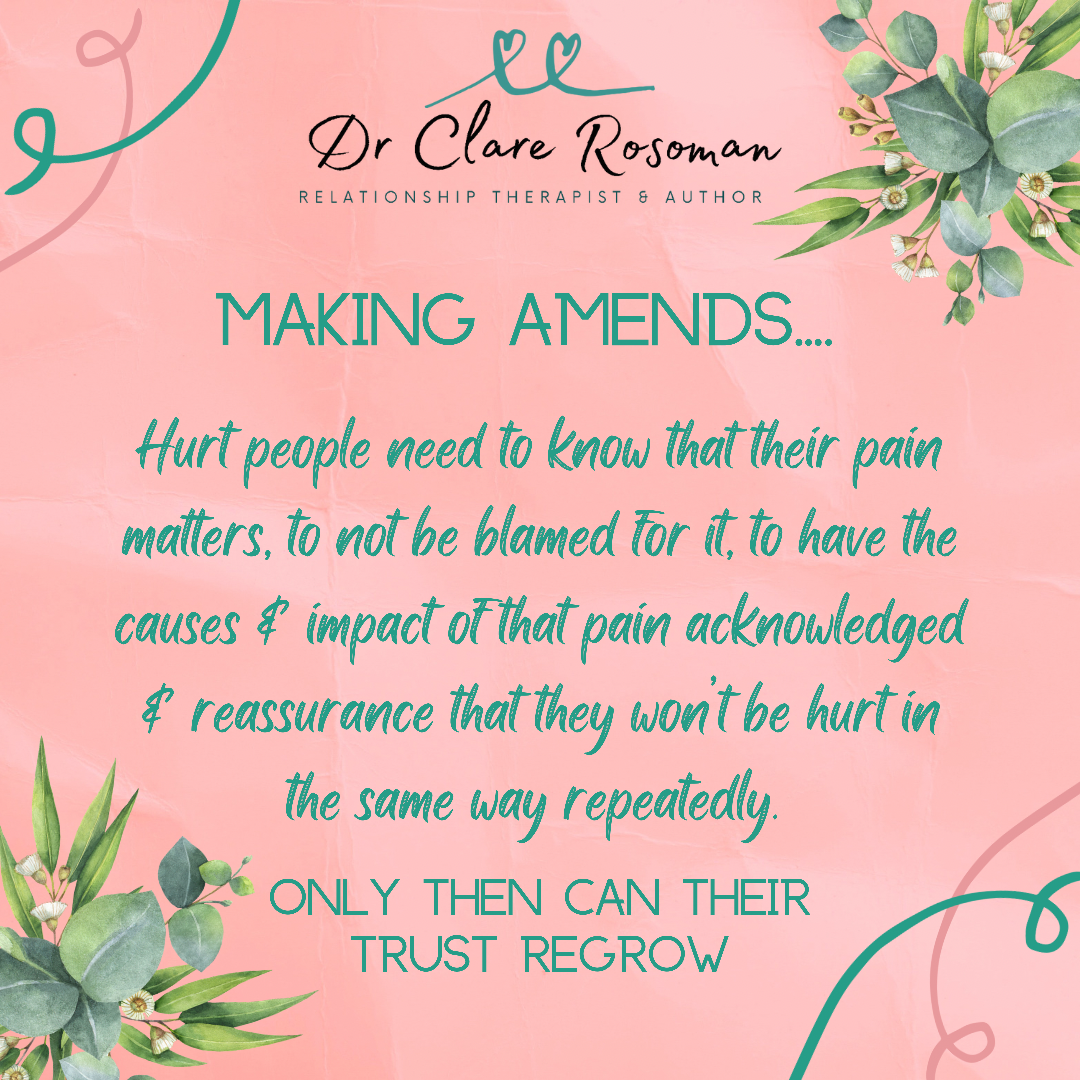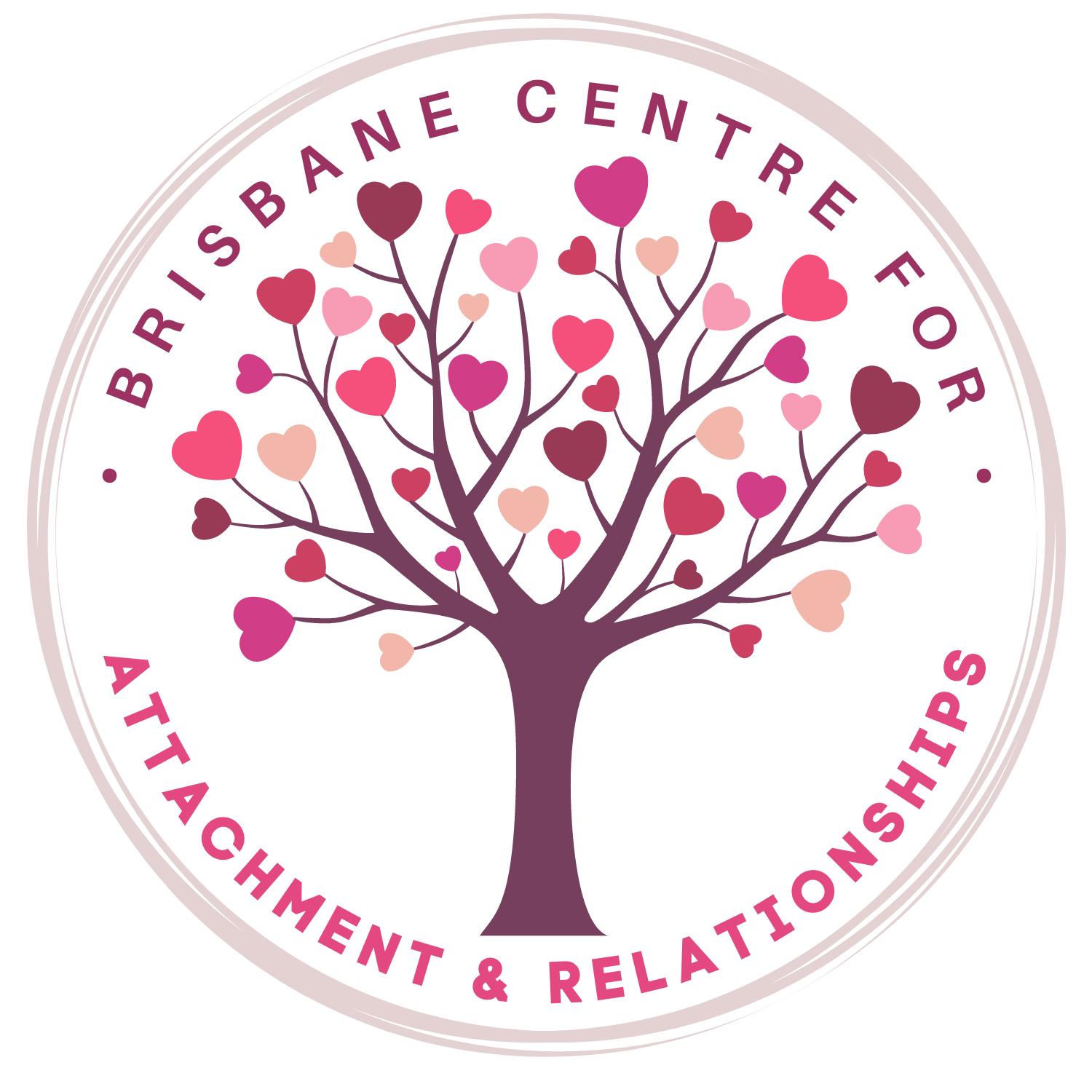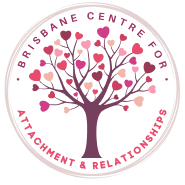At the Brisbane Centre for Attachment & Relationships, our therapists use a gold-standard, evidence-based form of couples and relationship therapy, called Emotionally Focused Couple Therapy (EFCT). We improve attachment security in intimate relationships by taking a non-blaming, non-judgmental approach that prioritises the attachment bond between intimate partners. We work with all types of attachment relationships, monogamous and non-monogamous. To improve relationship security, we unpack relationship conflict by focusing on repetitive cycles of interaction that partners get caught in where they trigger each other’s attachment panic and react in rigid, protective ways. When this happens, each partner’s best attempt to get their emotional needs met unfortunately triggers the other to react defensively and serves to create distance and pain, rather than closeness and emotional safety. We call this a negative pattern or cycle a “dance” because the steps are so well known and each partner affects the other intimately. Most intimately connected people know the steps of their pattern very well and often feel helpless to change the steps.
In couple and relationship therapy, we aim to help partners to see their pattern and exit it by sending more clear messages about emotional needs in ways that do not trigger the defenses and fears of the other. We go to the heart of the matter by uncovering the deeper needs and fears that often go unheard and by helping partners express these to one-another in clearer, more vulnerable ways. This creates a new dance/cycle of connection, safety and security.
EFCT is deeply moving, satisfying and meaningful… And the positive changes are maintained at three-month and two-year follow-up in research studies.
Couple & Relationship Therapy
1. Is non-blaming & non-judgmental
2. Prioritises the attachment bond between partners
3. Follows the emotional process
4. Helps partners to track & exit stuck patterns of interaction & to create a new positive pattern
5. Builds security through the sending of clear emotional signals
6. Creates a strong & secure unit
Ingredients Required for Good Outcomes
1. Safety – emotional safety for all partners
2. Responsibility-taking – owning your impact, even if it is different from your intent
3. Openness to hearing your partner
4. Lowering defenses
5. Risking being vulnerable
6. Sending clearer signals
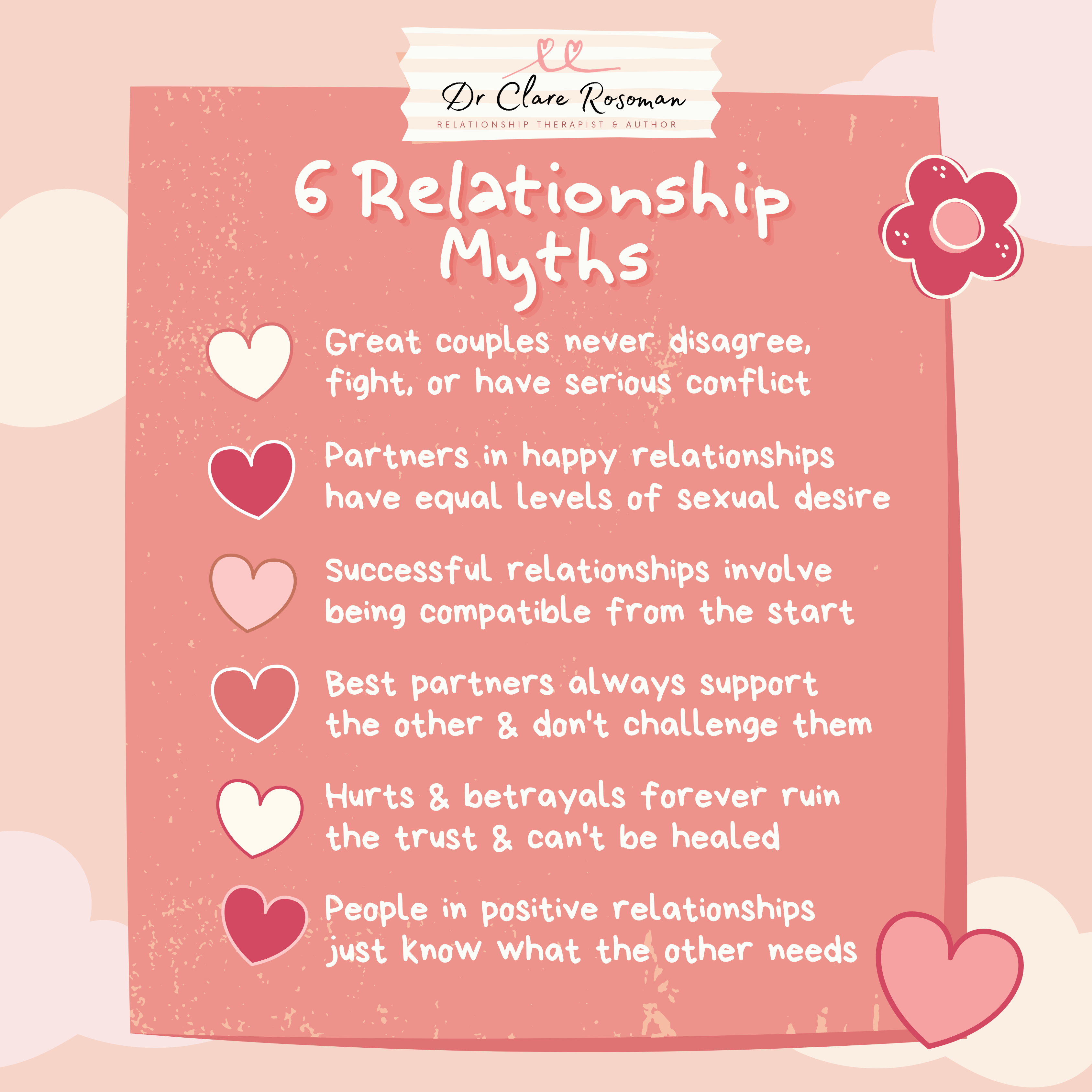
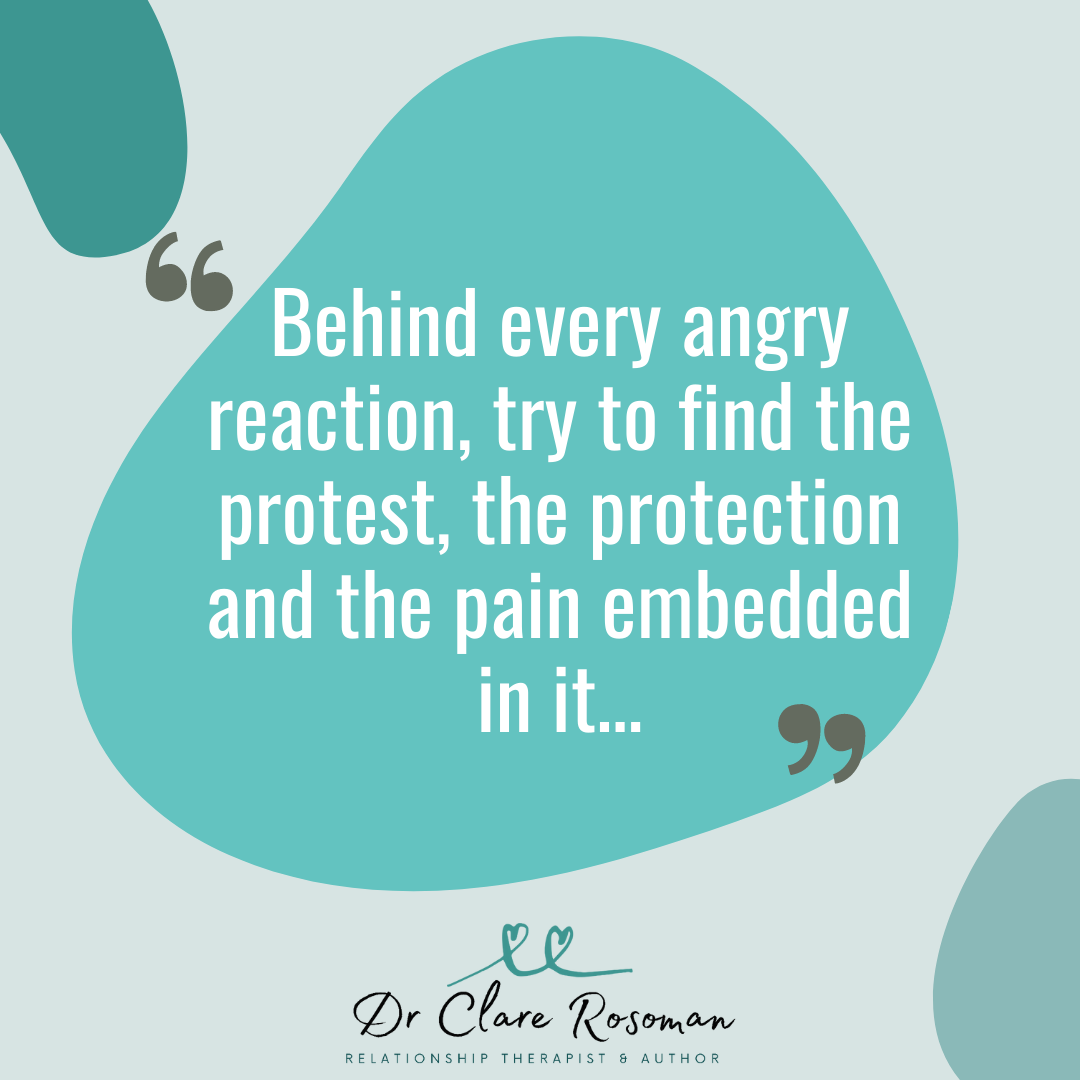
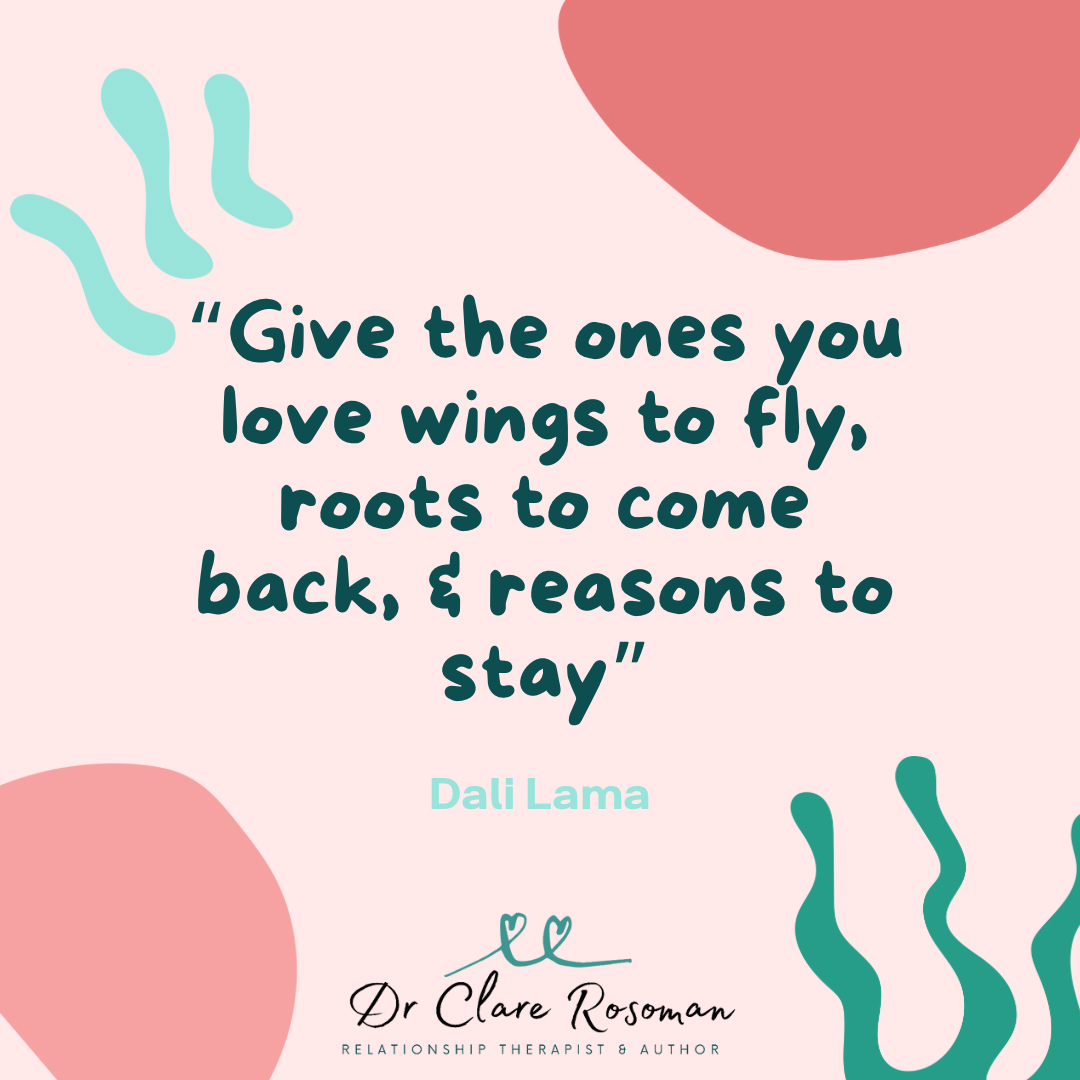
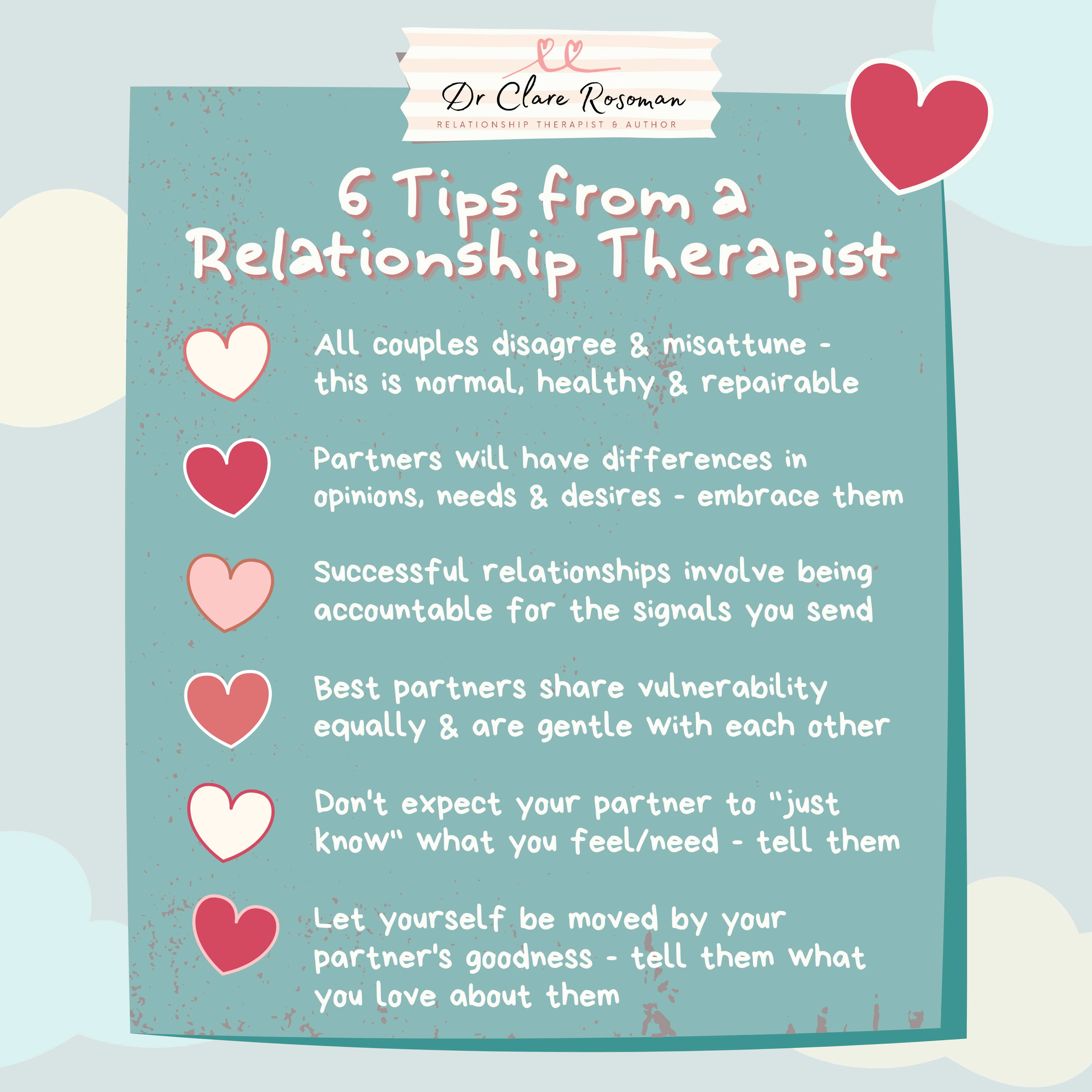
How can we navigate conflict in our relationship?
By Anna Sharashova
As humans, we are designed to connect with others. Yet often, we are left baffled as to why we and those we care about in our relationship can react in such an unhelpful and misunderstanding way in response to conflict. In an attempt to manage the emotions behind events in our lives, we learn coping mechanisms that, unbeknownst to us, can trigger different reactions in others and vice versa. Emotionally Focused Therapy (EFT) explores relationship conflict through an Attachment Theory lens, an empirically supported framework that focuses on bonds between people, starting from child-parent relationships and continuing into our adulthood relationships.
Every relationship has its pattern (a cycle) when partners feel connected and disconnected. So often, we focus on the context of the conflict, whether it is about household chores, children, work, etc. The context can be different, yet the cycle repeats; one partner gets angry, the other shuts down, or both partners escalate, or both shut down and leave. When the negative cycle occurs, no matter the context, it is fair to say that by the end of the ‘fight’, partners feel disconnected and like their need was not understood or met. Truth be told, those reactions we have in our romantic relationships were learned way before we even met our partners. Those learned experiences signal to us that it is not safe to be vulnerable; not safe to drop the rope in this tug of war.
So how do we navigate conflict in our relationship?
The first step is to recognise the cycle and how we each contribute to that pattern, often unintentionally, as we ourselves are just trying to cope with those difficult situations. It is then important that the cycle itself is seen as the real enemy here, not each other. The goal is to end the tag of war and unite to work against the cycle. For that to happen, a deeper understanding of emotional triggers and coping strategies has to occur. We can help you to do that!
If you feel stuck in a negative cycle in your relationship, our team of EFT-trained mental health therapists are here to help you understand the pattern, how to send each other clearer signals, and how to restore a safe and trusting connection, and learn how to catch and avoid entering a negative cycle in the future.
We'd love to help you to do that in your relationship. It makes our hearts full seeing people restore their loving bonds!
Can our relationship recover from broken trust?
Healing is possible
In committed relationships, trust is often seriously damaged by broken agreements. This could be from an affair in a monogamous relationship, or in ethically non-monogamous relationships, it could be from broken agreements or boundary violations. However the betrayal occurs, relational hurts and broken promises damage the bedrock of trust between partners and creates insecurity in their attachment bond. Despite what many people assume, you can heal from these types of relationship hurts.
Attachment Injuries
We think of broken trust in relationships as “attachment injuries” because they damage the bedrock of trust between partners. These types of injuries to the bond can be worked through if both partners are willing to put in the work. Sometimes, the relationship can even emerge stronger in the broken place.
At the Brisbane Centre for Attachment & Relationships, our couples and relationship therapists are trained in an evidence-based approach to repair attachment injuries.
We are here to help you to heal your precious bond and to strengthen it for the future.

